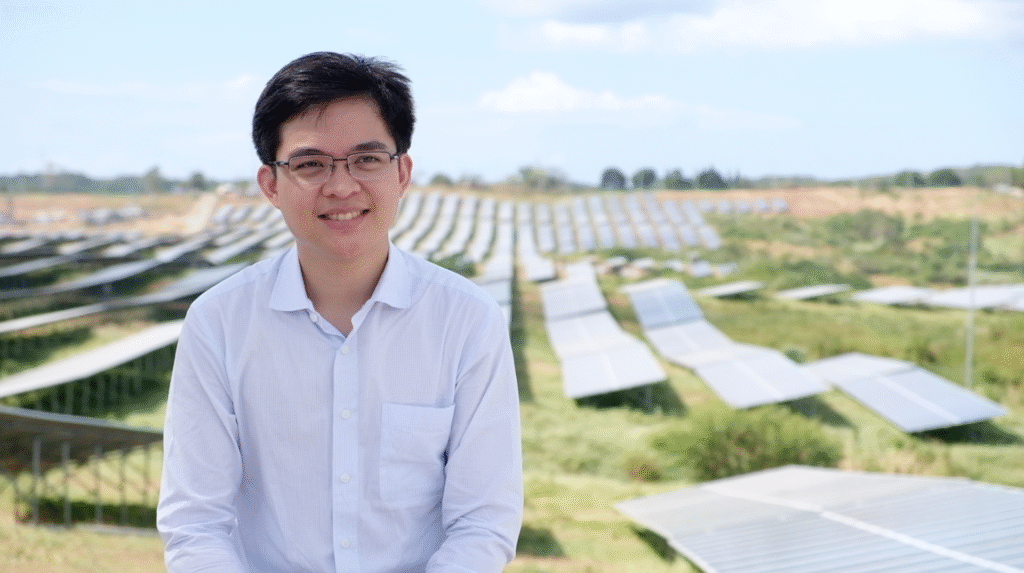IN A NATION often mired in stories of stalled reforms, padded contracts, and political complacency, Gen Z is emerging not just as observers but as catalysts of change. Case in point: Leandro Antonio Legarda Leviste. Born in 1993 to Senator Loren Legarda and former Batangas Governor Antonio Leviste, Leandro carried both privilege and expectation—but he didn’t let either define his path. Instead, he carved one that blends ambition, conscience, and audacity, reminding the Philippines that a new generation can rewrite the rules.
Leviste’s early life hinted at promise. A precocious child featured in television commercials, he showed the curiosity and drive that would later define him. Unlike many heirs of political dynasties, he ventured beyond comfort zones. At twenty, he left Yale University, forgoing a political science degree to launch Solar Philippines—a bold enterprise aimed at lowering the nation’s crippling electricity costs. By 2021, he became the youngest chairman and CEO of a publicly listed company, and eventually the youngest Filipino billionaire—not through inheritance, but through calculated risk-taking.
But the story doesn’t stop at entrepreneurship. In 2025, Leviste carried his momentum into politics, winning Batangas’s 1st District congressional seat with a record-breaking 268,764 votes. His first bill proposed a monthly allowance for every Filipino student—a practical, populist approach to addressing inequality. And when he confronted corruption in the Department of Public Works and Highways, he did so boldly, orchestrating a sting operation that caught a district engineer red-handed with a bribe. In that act, Leviste proved that youth, wealth, or status do not have to come at the cost of integrity.

This is where the Lakaran concept resonates. In the recent production, Gen Z characters are portrayed as dynamic, socially conscious, and unafraid to challenge the status quo. Leviste is, in many ways, a real-life embodiment of that spirit: bold yet principled, entrepreneurial yet socially aware. He demonstrates that Gen Z is not content with passive observation—they are ready to engage, disrupt, and transform.
The lesson is profound for the Philippines. For too long, cynicism has dominated politics; for too long, corruption felt like an unchangeable constant. But Gen Z’s influence—through innovation, courage, and a refusal to be complicit—signals that the tide can turn. Leviste’s actions send a clear message: leadership doesn’t have to be transactional; vision can coexist with ethics; and a young generation can challenge entrenched systems while inspiring the public to hope again.
Gen Z gives hope because they remind us that change is not theoretical—it is actionable. Whether in politics, business, or social movements, they are proving that courage, creativity, and conscience can intersect to create meaningful impact. Leviste is one figure among many, but his story symbolizes a larger truth: the Philippines’ future lies in the hands of a generation unafraid to dream, act, and demand better.
In a country starved for reform and hungry for inspiration, Gen Z is not waiting for permission. They are the story-makers, the risk-takers, and the torchbearers of accountability. And with leaders like Leviste emerging, that hope is no longer abstract—it is real, tangible, and contagious.
